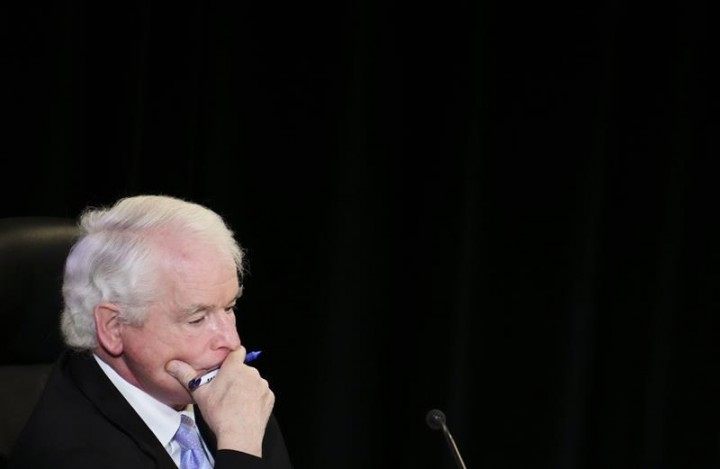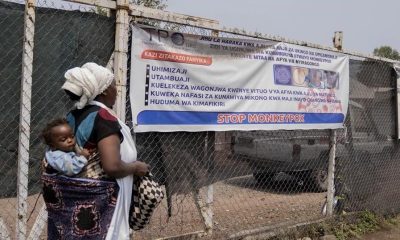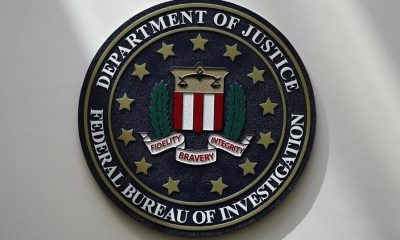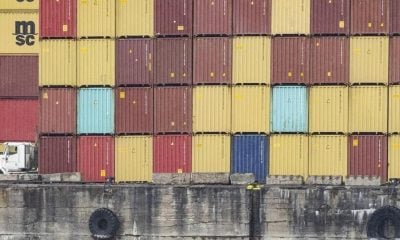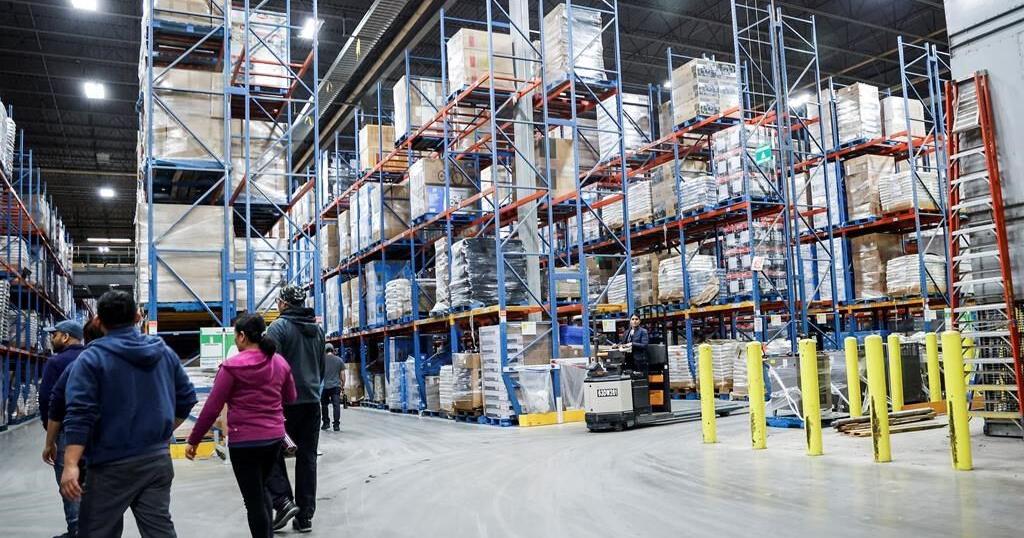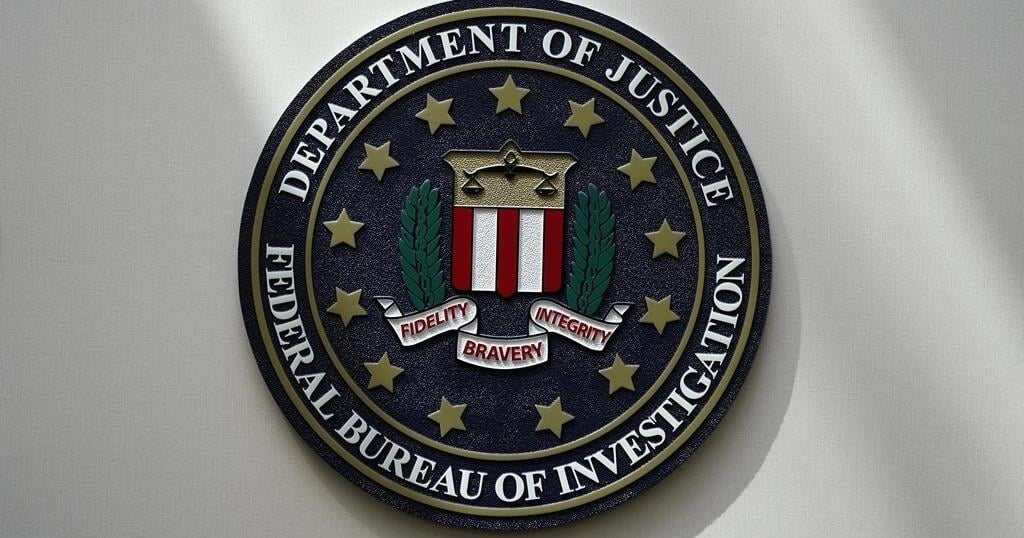OTTAWA — Over weeks of testimony that concluded with Prime Minister Justin Trudeau’s appearance last week, the Public Order Emergency Commission heard about how downtown Ottawa was occupied last winter by thousands of protesters opposed to COVID-19 public health measures.
Though there no serious violence was reported, residents said their community descended into lawlessness and they felt threatened by harassment and hazards as protesters exercised what they insist was their right to peaceful assembly.
Now the commission, which is tasked with determining whether the federal government was justified in its invocation of the Emergencies Act to clear the protests, must grapple with central questions: Where should the line be drawn on limits to Canadians’ right to freedom of peaceful assembly? And what are governments and courts to do when that freedom conflicts with others’ rights?
The commission launched the policy phase of its inquiry Monday with a roundtable discussion featuring legal experts who study the Charter of Rights and Freedoms.
Commissioner Paul Rouleau said the question of how to define whether a protest is “peaceful” is a “critical element” of the inquiry’s work.
There’s been very little discussion about the right to peaceful assembly at the Supreme Court of Canada, leaving the reasonable limits on that freedom a bit murky, explained Jamie Cameron, a professor emeritus at York University’s Osgoode Hall Law School.
The key question, Cameron said, is: “What is the meaning of peaceful assembly? What does it mean to say that an assembly is peaceful in nature?”
Some experts argue a line should only be drawn if a protest becomes violent, but others believe a protest can become disruptive enough that it can no longer be considered peaceful, she said.
Prime Minister Justin Trudeau invoked the Emergencies Act on Feb. 14 for the first time since it became law in 1988 after thousands of protesters associated with the “Freedom Convoy” blockaded downtown Ottawa and key border crossings, causing weeks of disruptions to Canada’s trade corridors, businesses and residents in those communities.
When the demonstrators arrived in Ottawa, testimony suggested that police believed they would not stay longer than one weekend, despite warnings that demonstrators planned to remain in Ottawa for an extended period of time.
In the end, they entrenched themselves and blocked the streets with encampments and big-rig trucks for three weeks.
“There is a wide degree of consensus on the value of protest in a democratic society,” said Vanessa MacDonnell, an associate professor at the University of Ottawa Faculty of Law and co-director of the uOttawa Public Law Centre.
“The real challenge for decision-makers is … how do we balance the competing rights and interests that are at stake in the context of a public protest? To me, that’s where the difficult work is.”
The discussion is the first of several that will make up this week’s policy phase of the inquiry, which will be used toward drafting recommendations for how to modernize the Emergencies Act.
The policy phase follows six weeks of public fact-finding hearings at the Library and Archives Canada building in downtown Ottawa, which culminated in Trudeau’s hours-long testimony on Friday.
The Emergencies Act legislation granted extraordinary but time-limited powers to the government, police and banks, including the ability to ban people from participating in assemblies that could reasonably be expected to breach the peace, or travel in an area where such an assembly is happening.
That allowed police to create a no-go zone in downtown Ottawa, and made it a criminal offence to be in those areas without a valid reason.
The regulations may have been overbroad, several experts on the panel agreed, but the context is important, said Carissima Mathen, a law professor at the University of Ottawa.
“On its face, it does look to be overbroad,” Mathen said, but she added that there are time limits on the powers, and there was a list of exemptions to the ban on travelling in certain areas.
“That will factor into whether, in the circumstance, that kind of prohibition is in fact overbroad.”
Much of the testimony over the last six weeks at the inquiry focused on whether the government was legally entitled to invoke the act, given the situation police faced in Ottawa and at border crossings across the country.
Even when the Emergencies Act is invoked, the Charter continues to apply, as explicitly stated in the legislation.
“At the end of the day, much of the concern is that the act is so broad and powerful. But on the other hand it is Charter compliant by its very nature,” Rouleau said.
“You could argue, certainly, the degree of interference with the Charter should be taken into account in the initial determination of what the threshold for an emergency is.”
MacDonnell quipped: “I’m glad I’m not the one making the decision, because there is a tension in there.”
Other topics to be discussed this week include cryptocurrency, international supply chains and criminal law, with discussions largely driven by policy papers the inquiry commissioned earlier this year.
This report by The Canadian Press was first published Nov. 28, 2022.
Laura Osman, The Canadian Press
Related

